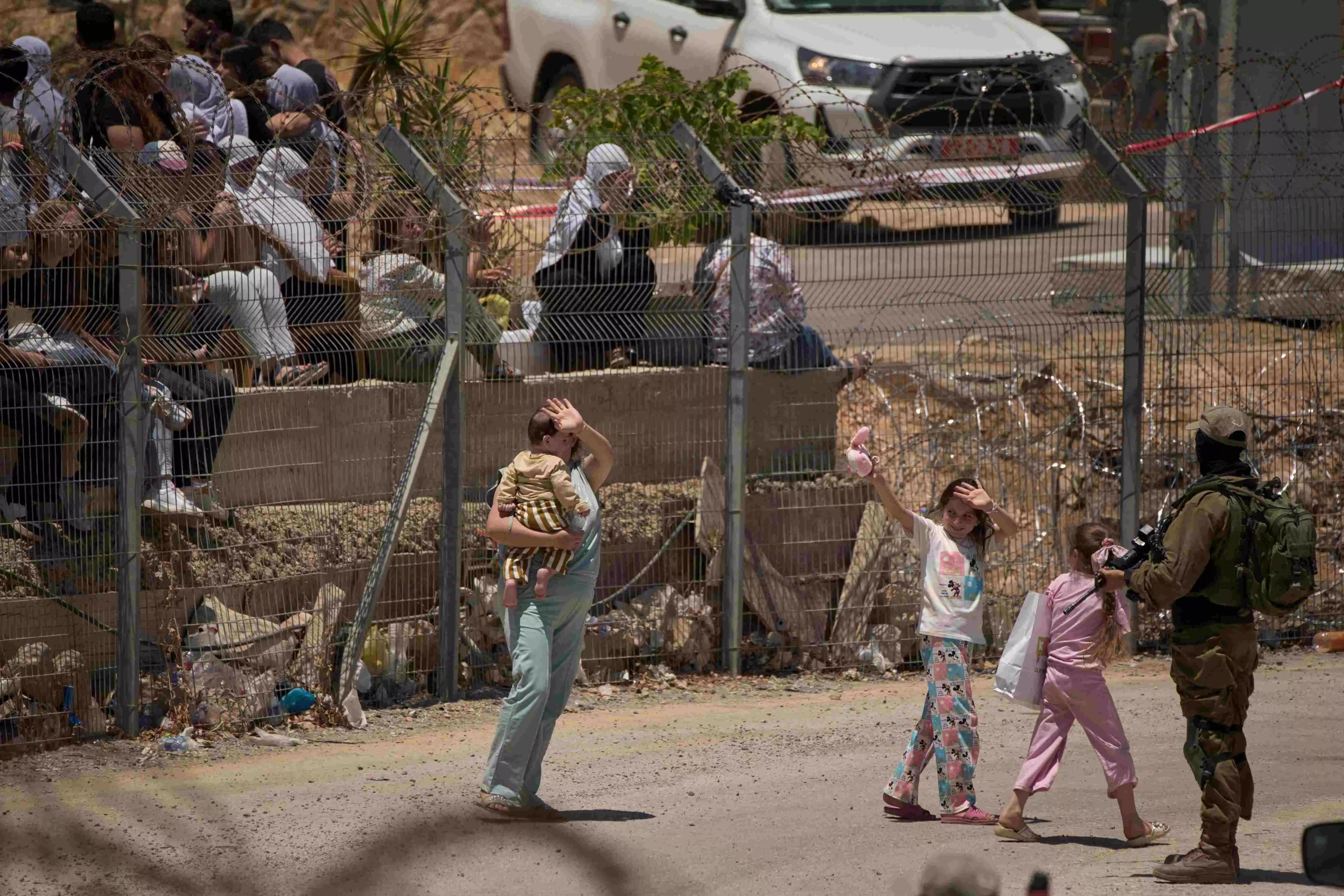'Protection’ for Power

In the smoky, blood-soaked ruins of Damascus, beneath the reverberations of Israeli airstrikes and the silent toll of sectarian killings, it is the people who are made to suffer, only if they are lucky enough to survive! At the core of the fresh Israeli onslaught in Damascus stands the Druze community—marginalised, largely misunderstood, and once again made pawns in a high-stakes geopolitical contest. Israel, as a matter of fact, has framed its actions as a response to the violence engulfing the Druze-majority city of Suweida. Ostensibly conducted to ‘protect’ the Druze from the repression of the Syrian and jihadist militias, Israel’s (mis)adventure seems to have come at a very fraught moment. With the new Islamist-leaning government of Ahmed al-Sharaa tightening its grip over Syria and cracks already surfacing in the delicate sectarian balance of the region, Israel’s interference seems to be driven more by strategic geopolitical equations.
The Druze community is an esoteric and insular community that has, for quite a long time, walked the razor’s edge of Middle Eastern politics. The community is known to have emerged from Ismaili Shi’ism in the 11th century. However, it no longer strictly identifies with mainstream theology of Islam. People belonging to this community hold entirely distinct beliefs—ranging from reincarnation and expected secrecy in religious teachings to reverence for al-Hakim and relatively liberal gender norms. Their tightly knit communities are defined more by solidarity than spectre of expansion. In fact, the centuries of theological divergence of the Druze community vis-à-vis Islamist forces has earned them suspicion and persecution from dominant Sunni and Shia factions alike. In Syria, Lebanon, and Israel, the Druze have adopted different survival strategies over time—some decided to assimilate with the majority while many others chose the resistance path. In Israel, by contrast, Druze citizens are learnt to serve in the army, hold bureaucratic positions, and enjoy a degree of political visibility. It is no surprise, then, that the Druze of Israel have vocally called for the protection of their besieged kin in Suweida.
Israelis have always been consistent in their words and acts of solidarity towards ‘protecting’ their Druze brethren. The Suweida clashes gave them an opportune moment to jump in. Though sparked by a dispute between Druze and Sunni Bedouin militias, the clashes were reported to have escalated dramatically with the intervention of government forces. Reports of summary executions, widespread looting, and arbitrary killings by troops loyal to al-Sharaa have triggered a widespread international alarm. UN agencies have also confirmed large-scale rights violations, while both Druze and Bedouin communities are now facing mass displacement, trauma, and fractured local leadership. However, Israel’s airstrikes—which struck the Syrian Ministry of Defence and damaged buildings near the presidential palace—primarily appear to be aiming to prevent Syrian troops and Islamist militias from consolidating power in the sensitive borderlands south of Damascus. This region, long volatile, sits at the heart of Israel’s security architecture. Since 1967, the Golan Heights—largely Druze—has served as a buffer against hostile actors. With Hezbollah weakened and Syria's civil war leaving a power vacuum, Israel is unwilling to tolerate any new military encroachment, especially from an Islamist regime with a patchy record on minority rights.
For Syria’s interim President al-Sharaa, who is facing the monumental task of post-war reconstruction and international rehabilitation, Israeli strikes could provide a convenient fodder. By framing Israel’s actions as external aggression aimed at dividing Syria, he has an opportunity to consolidate internal support and divert attention from his own regime’s brutality in Suweida. Moreover, Israel’s muscular assertion of its interests—however defensible in intent—risks upending back-channel diplomacy reportedly facilitated by the US. In this context, any chance of normalising relations between Israel and the post-Assad Syria may have been pushed further into the distance. To sum up, true security for the Druze—and for all Syrians—will only come through a durable political solution that respects minority rights, enforces accountability, and curtails the violent ambitions of regional and domestic actors alike. Until then, the battle in the region is less about protection and more about power. And in that battle, the vulnerable will continue to pay the highest price.



